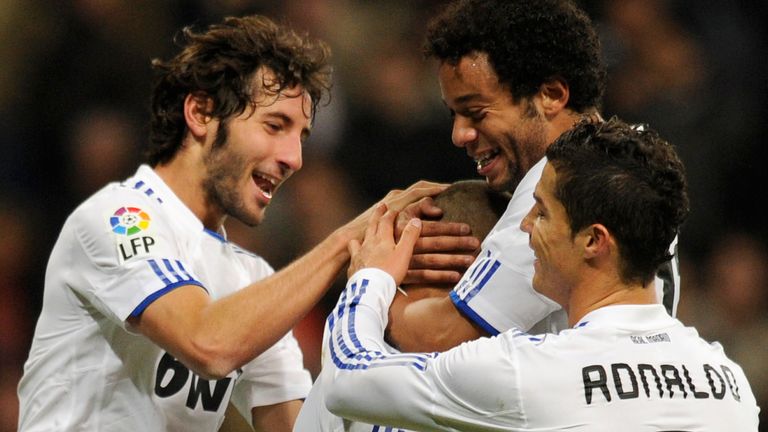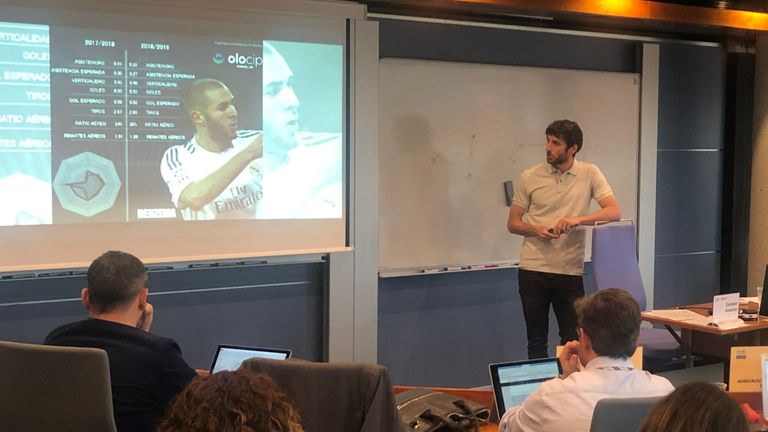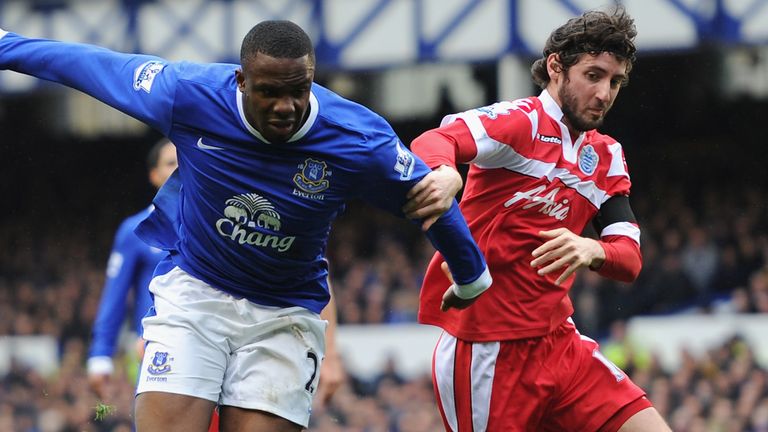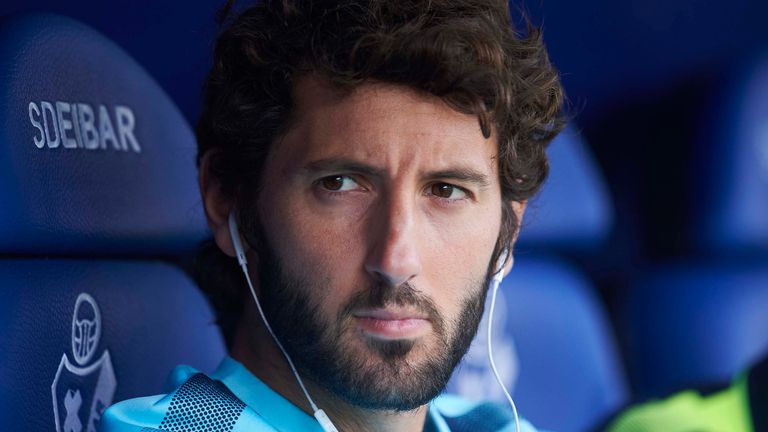Esteban Granero aiming to bring artificial intelligence into football
Esteban Granero, the Spanish midfielder formerly of Real Madrid, QPR, Real Sociedad and Espanyol, hopes to pioneer an artificial intelligence revolution in football
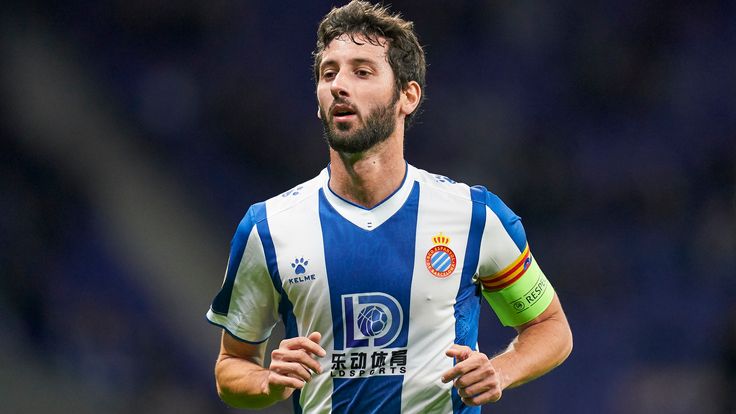
Thursday 13 February 2020 11:03, UK
Esteban Granero is a product of one of the most prestigious youth academies in the world. He has played in the same Real Madrid team as Cristiano Ronaldo and Kaka, been lavished with praise by Jose Mourinho, and spent more than a decade competing at the top level.
But it is as a pioneer in artificial intelligence that the 32-year-old hopes to make his most lasting impression on football.
For the last five years, at the same time as representing Real Sociedad, Espanyol and Marbella FC as a player, Granero, who previously had a spell in the Premier League with QPR, has been working as the founder and CEO of Olocip, a Madrid-based consultancy specialising in the development and application of artificial intelligence in sport.
"As a player within the clubs, I could see every day the quantity of data that was available to us, how we were using it, and the results that we were getting from it," Granero explains to Sky Sports. "I began to think that we could do a lot more with what we had and that's really how it began.
"From there, I started researching and asking people in the field how artificial intelligence could be applied using football statistics, and how those statistics, as well as being used to look back at what has already happened, could be used to look forward and make predictions about the future which could help clubs and players to make better decisions.
"In the first few years after starting the company, we dedicated our time to research and to the development of our analytical tools. All the tools we have created didn't exist before, so we had to start everything from scratch, but that means the technology we use is unique to us."
Olocip now aim to serve as an artificial intelligence department for clubs. Their team of scientists - "we have the best in Europe working in artificial intelligence," says Granero - process huge quantities of data and use complex algorithms to provide predictive support primarily in the areas of player recruitment, injury prevention and tactics.
"What differentiates us from other companies is that our model is designed to look forwards," says Granero. "You can use data to ask what happened, or you can change the question: What is going to happen? What do I have to do to ensure that what I want to happen, happens?
- Out-of-contract Premier League XI
- Live football on Sky Sports this week
- Find out more about Sky Sports
"For example, when you are going to sign a player, you can use artificial intelligence not just to look at his past performances but also ask how he will perform for you. So, if you have two players who have performed at a similar level, one in the Bundesliga and one the Premier League, our model can show which player will perform better in the context of your team.
"Then, tactically, we can provide solutions in terms of preparation.
"When you go into a game, you want to know how your opponent is going to play, how certain players are going to do in certain situations and which opposition players will be able to hurt you and which won't.
"Our tools can help with that, and we also have software which can analyse what is happening in real-time during a game and predicting what could happen next. As a coach, it can give you guidance about the best decisions to make in order to reach your objectives and get the result you want."
It is an enticing prospect for clubs seeking the hallowed 'marginal gains' which can elevate them above their rivals, but is football - a sport with so many variables - really ready to put its trust in artificial intelligence?
"You get a lot of people in the industry with their arms open to it, those who have an understanding of what you're doing and how it can help them, but of course there are always others who are more sceptical," says Granero, who recently became the first active player to join the advisory board of the World Football Summit.
"When we encounter resistance like that, it always goes the same way. What we do is we make clear that our models are purely scientific and mathematical. So when we say that if this player goes to Arsenal, for example, he is going to score between five and seven goals, it's not because we have a crystal ball. It's because, scientifically, you can learn from what has happened in the past to provide a probable prediction for the future.
"Some people aren't accustomed to this kind of analysis, but we are not seeking to replace the people working in clubs, only help them."
Olocip are already working with a number of top-level clubs across Europe - their identities protected by confidentiality agreements - and while artificial intelligence is still treated with suspicion by some, Granero insists the players themselves tend to respond positively to any technology that can be shown to aide their performances.
"Once they see it and understand it, the players appreciate that it can give them an advantage," he says. "As a player myself, I know that being able to find out how great your risk of injury is before going out to train is an advantage. The technology can tell you if you shouldn't be training today, or if you should only train gently. That information can be vital.
"The advice we can provide for clubs can be provided for individual players too. So, a player could tell us he has two sides competing to sign him. In which team would I play better? In which team would I score more goals? In which team would I get more time on the ball? Using artificial intelligence, we can provide answers to those questions."
It is no secret football has been slower than some other sports to embrace technological advancements over the years, but data analysis is now common-place among clubs up and down the pyramid and Granero feels it will not be long before the kind of predictive services offered by Olocip and other companies like it become universally popular too.
"Artificial intelligence is already something that forms part of our day-to-day lives, when we are in the car, when we pick up the telephone, when we go to the doctor," he says. "In football we are not there yet, but in three, four or five years, I am sure we will be. With clubs, with players, with footballing institutions, it is something that is growing all the time."

